Brain Health Observatory @ USC
About
 The USC Brain Health Observatory is part of USC Dana and David Dornsife School of Letters, Arts and Sciences’ Center for Economic and Social Research. The Center for Economic and Social Research is dedicated to discovering how people around the globe live, think, interact, age, invest, and make important, life-changing decisions. Our in-depth research and analysis are deepening the understanding of human behavior in a wide range of economic and social contexts. Our ultimate goal: to improve social welfare by informing and influencing decision-making in the public and private sectors. Along the way, we are leading a creative revolution in how scientists conduct social science and economic research through the use of innovative technology.
The USC Brain Health Observatory is part of USC Dana and David Dornsife School of Letters, Arts and Sciences’ Center for Economic and Social Research. The Center for Economic and Social Research is dedicated to discovering how people around the globe live, think, interact, age, invest, and make important, life-changing decisions. Our in-depth research and analysis are deepening the understanding of human behavior in a wide range of economic and social contexts. Our ultimate goal: to improve social welfare by informing and influencing decision-making in the public and private sectors. Along the way, we are leading a creative revolution in how scientists conduct social science and economic research through the use of innovative technology.
The USC Brain Health Observatory makes research and data on brain disorder available and accessible. We conduct country studies on health system preparedness for memory care and health services and economics studies on treatment of brain disorders. We publish data on care infrastructure for brain disorders as well as projections of the burden of those conditions.
Sponsor
-

Sponsoring the Brain Health Observatory means supporting our efforts to conduct country studies on health system preparedness for memory care and health services and economics studies on treatment of brain disorders and publish data on care infrastructure for brain disorders as well as projections of the burden of those conditions.
-
Support USC’s Brain Health Observatory and our mission to make research and data on brain disorder available and accessible.
Contact mattke@usc.edu to discuss becoming a sponsor.
-
The Brain Health Observatory thanks our sponsors for furthering our research.
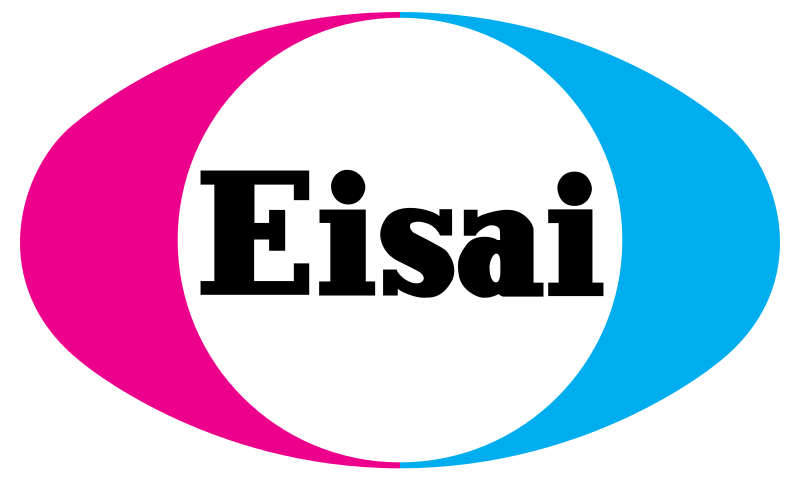

Team
-
 Soeren Mattke, M.D., D.Sc., is a Research Professor of Economics at the University of Southern California and the Director of the USC Brain Health Observatory. The Observatory conducts research into health system preparedness for diagnosing and treating disorders of the central nervous system. It has published reports on 15 countries’ readiness for Alzheimer’s treatment and numerous papers on the economic, political and societal implications of such a treatment. Prior to joining USC, Dr. Mattke led RAND Health’s private sector practice and worked at the OECD in Paris, in the healthcare practice of Bain & Company in Boston, at Abt Associates, a policy consulting firm in Cambridge, MA, and at Harvard University. He trained as an internist and cardiologist at the University of Munich and got his doctoral degree in health policy at Harvard.
Soeren Mattke, M.D., D.Sc., is a Research Professor of Economics at the University of Southern California and the Director of the USC Brain Health Observatory. The Observatory conducts research into health system preparedness for diagnosing and treating disorders of the central nervous system. It has published reports on 15 countries’ readiness for Alzheimer’s treatment and numerous papers on the economic, political and societal implications of such a treatment. Prior to joining USC, Dr. Mattke led RAND Health’s private sector practice and worked at the OECD in Paris, in the healthcare practice of Bain & Company in Boston, at Abt Associates, a policy consulting firm in Cambridge, MA, and at Harvard University. He trained as an internist and cardiologist at the University of Munich and got his doctoral degree in health policy at Harvard. -
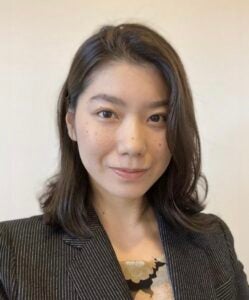
Tabasa Ozawa is the Program Manager for BHO. As a Project Specialist at the University of Southern California Center for Economic and Social Research, she supports research on Alzheimer’s treatment preparedness, modifiable risk factors of dementia, and social protections for retirement and disability. She has a BA in Anthropology and Global Public Health from New York University and an MPH in Sociomedical Sciences from Columbia University Mailman School of Public Health.
-
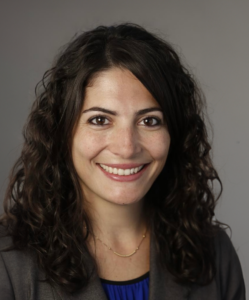
Maria Prados, Ph.D., is an Economist at USC Dornsife’s Center for Economic and Social Research. She specializes in quantitative and applied economics. Her research has explored the long-term societal value of Alzheimer’s treatment, the social impacts of access to health care and treatment, the childhood determinants of health and long-term outcomes, health disparities, gender differences in the labor market, and the impacts of COVID-19 on families. Dr. Prados’ research has been funded by the Michigan Disability and Retirement Research Center, the NIH, the Roybal Center for Health Policy Simulation and the Roybal Center for Health Decision Making and Financial Independence in Old Age. She received her Ph.D. in Economics from Columbia University, was a Postdoctoral Research Scholar at the Schaeffer Center for Health Policy and Economics and a RCMAR Scholar for the Minority Aging Health Economics Research Center at USC. She teaches Health Economics at the Department of Economics.
-
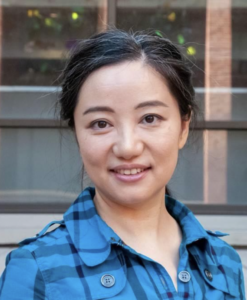
Ying Liu, Ph.D., is a Research Scientist at the Center for Economic and Social Research at the University of Southern California. She received her Ph.D. in quantitative psychology and M.S. in statistics from the University of Illinois at Urbana-Champaign. Dr. Liu’s research focuses on the improvement of care delivery and screening for Alzheimer’s Disease, as well as healthy cognitive aging in the U.S. and around the globe. Her recent work has appeared in top journals such as Alzheimer’s & Dementia, The Journals of Gerontology, and Aging, Neuropsychology, and Cognition.
-
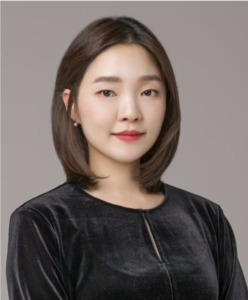
Kate Hankyung Jun, Ph.D., is a postdoctoral research fellow in the Department of Health Care Policy at Harvard Medical School. Her research explores policy impacts on the mental and cognitive health of older adults, and she has worked with Dr. Mattke on various projects analyzing the societal impact of disease-modifying Alzheimer’s treatments. Dr. Jun earned a Ph.D. in public policy at the University of Southern California, an MPA at Columbia University, and a MA and BA in Economics at Sogang University.
-
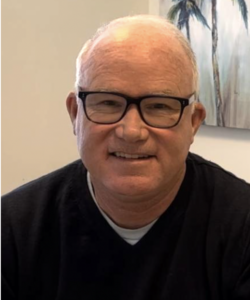
Mark Hanson, Ph.D., is a Senior Quantitative Analyst at the RAND Corporation and Adjunct Associate Professor at the University of Southern California where he taught spatial analysis and statistics at the Price School of Public Policy. His prior work has helped health plans manage and analyze data to improve healthcare quality. Currently, for the Center for Economic and Social Research, Dr. Hanson leads programming efforts to simulate health trajectories of patients with Alzheimer’s disease to explore the promise of emerging diagnostic and treatment options. He co-authored the top-cited article in Alzheimer’s & Dementia: Diagnostic Assessment and Disease Monitoring in 2021. He holds Ph.D. in Policy, Planning and Development from USC, MPA and MS in Environmental Science and Policy from Indiana University-Bloomington, and BS in Psychobiology and Business Administration from UCLA.
-
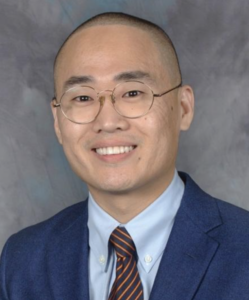
Sang Cho, Ph.D., specializes in the economic evaluation of healthcare interventions and comparative effectiveness, with an emphasis on applying econometric and micro-simulation models. His research in Alzheimer’s disease focuses on evaluating the clinical and economic value of a disease-modifying treatment and companion diagnostics from a societal perspective, quantifying the value of improving diagnostic accuracy and mitigating the capacity constraints at specialty provider and hospital levels. Dr. Cho is currently an Associate at Analysis Group in Boston. Previously, he was an assistant professor at the University of Houston College of Pharmacy, where he supervised research for PharmD and Ph.D. students and taught graduate courses in pharmaceutical economics.
-
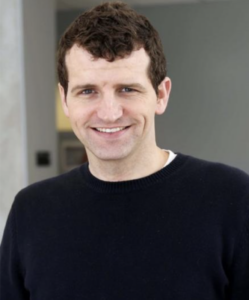
Andrew Becker is a data analyst with over 5 years of analytics experience working with healthcare claims and administrative data, with a focus on developing algorithms and methodologies for developing and evaluating healthcare quality metrics. This experience includes the development of metrics investigating the quality of care received by patients with dementia and mild cognitive impairment.
-
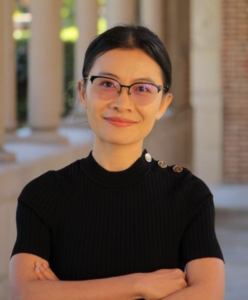 Hao Yin, Ph.D., is currently a Postdoctoral Fellow in the Department of Economics at the University of Southern California and also serves as a Research Fellow at the School of Population and Public Health at the University of British Columbia. Her research synthesizes theories and tools from Environmental Economics, Public Health, and Environmental Science to understand the economic implications of air p
Hao Yin, Ph.D., is currently a Postdoctoral Fellow in the Department of Economics at the University of Southern California and also serves as a Research Fellow at the School of Population and Public Health at the University of British Columbia. Her research synthesizes theories and tools from Environmental Economics, Public Health, and Environmental Science to understand the economic implications of air pollution and climate change. In her work, Dr. Yin investigates the social costs of air pollution and climate change, as well as the effectiveness of environmental policies. She also explores evidence-based information to support the design of effective strategies for reducing emissions from individual sectors, particularly in healthcare, ag
riculture, and transportation. The results of her interdisciplinary research offer valuable insights into balancing environmental regulations and economic development, while enhancing public health, social equity, and environmental sustainability.
-
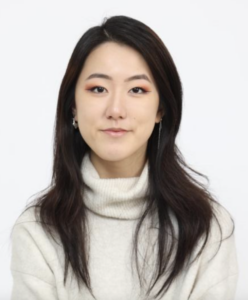 Selena is currently a doctoral student in Health Economics at the University of Southern California. Her previous undergraduate research experience in cognitive neuroscience at the University of Michigan drives her current research interest in Alzheimer’s Disease and Related Dementias. Through the program at USC and through her research, she hopes to explore evidence-based information to support the development and improvement of pharmaceutical therapies.
Selena is currently a doctoral student in Health Economics at the University of Southern California. Her previous undergraduate research experience in cognitive neuroscience at the University of Michigan drives her current research interest in Alzheimer’s Disease and Related Dementias. Through the program at USC and through her research, she hopes to explore evidence-based information to support the development and improvement of pharmaceutical therapies. -
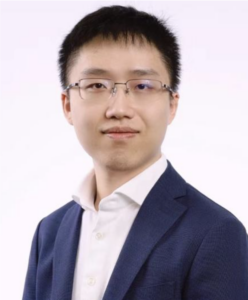 Jiahe is currently a doctoral student in Health Economics at the University of Southern California. His previous research has focused on evaluating cost-effective treatment strategies and assessing the impact of health policies in infectious diseases and oncology. With his diverse experience across therapeutic areas, he aims to advance the knowledge of Alzheimer’s Disease through more evidence-based research.
Jiahe is currently a doctoral student in Health Economics at the University of Southern California. His previous research has focused on evaluating cost-effective treatment strategies and assessing the impact of health policies in infectious diseases and oncology. With his diverse experience across therapeutic areas, he aims to advance the knowledge of Alzheimer’s Disease through more evidence-based research.
Research
BHO’s research involves the following therapeutic areas: dementia, substance use, schizophrenia, and traumatic brain injury; discover the publications related to these areas here.
BHO’s research involves the following topics: health system capacity, policy analysis, quality measurement, health economics, technology assessment; discover the publications related to these topics here.
BHO publishes country studies assessing the preparedness of each nation’s health care system infrastructure for an Alzheimer’s treatment. Discover the country studies here.
Data
The USC Brain Health Observatory aims to make research and data on brain disorder available and accessible. View BHO’s database here.
News
World Alzheimer's Day
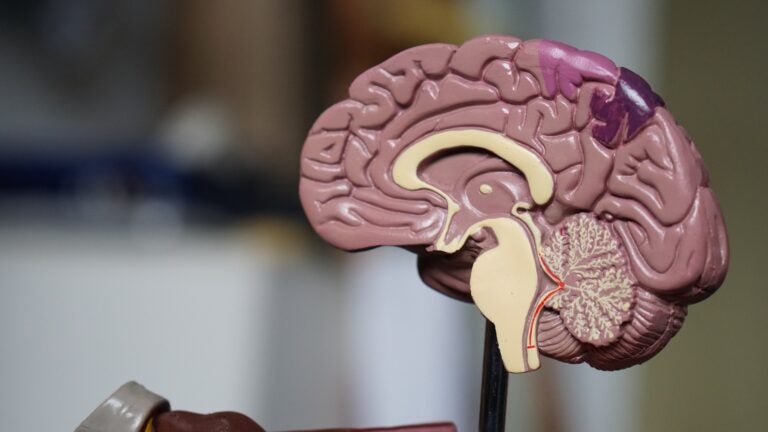
Contact Us
Tel: (213) 821-1850
Fax: (213) 821-2716


